Public health and medicine are the focus of today's discussion. What is the difference? And why does it matter? I'm going to talk about some of the things that are on my mind as a public health scientist in these times. It's about both COVID-19 and nutrition. Welcome to another health-themed Wednesday!
Table of contents
What is public health and public health science?
Never has the subject of public health been so hot as it is now. I never imagined this when I was studying for my Master's degree in public health science at Karolinska Institutet many, many years ago, or when I was doing my PhD. Back then, people tended to ask "Public health, what is it?". Now they might ask, "Do you work with viruses?" No, I don't. I work with eating habits and physical activity.

So what is public health and public health science? Well, it's about health at population level. It is about lifestyle habits, but also about structures in society. For example, why do some groups in society have poorer health than others? What can be done about it?

Health is often described using a model, as shown below. The point is that an individual's health is affected by many different things, ranging from age and heredity to lifestyle, social circumstances, work environment, access to food and healthcare, and, for example, economics and gender equality, etc. You can see that there are many different factors at play.
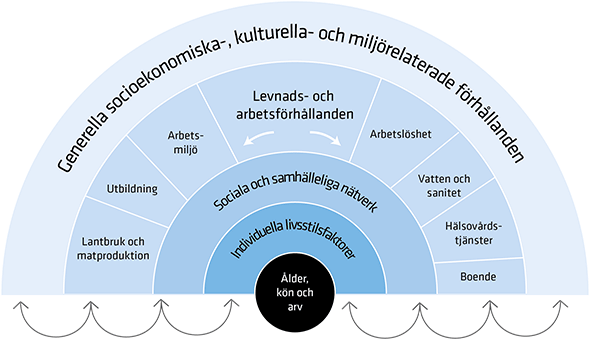
Public health and medicine - two different perspectives
Public health and medicine are two completely different perspectives, and both are important. Take COVID-19 as an example! Specialist doctors probably have the most knowledge about the disease and the body, but may not have the full picture of society. Public health sciences bring a different perspective. How do populations behave when given different advice? How will different population groups be affected by social isolation or unemployment? How do you best communicate health information to different social groups? Things like that. Did I say we need both perspectives?
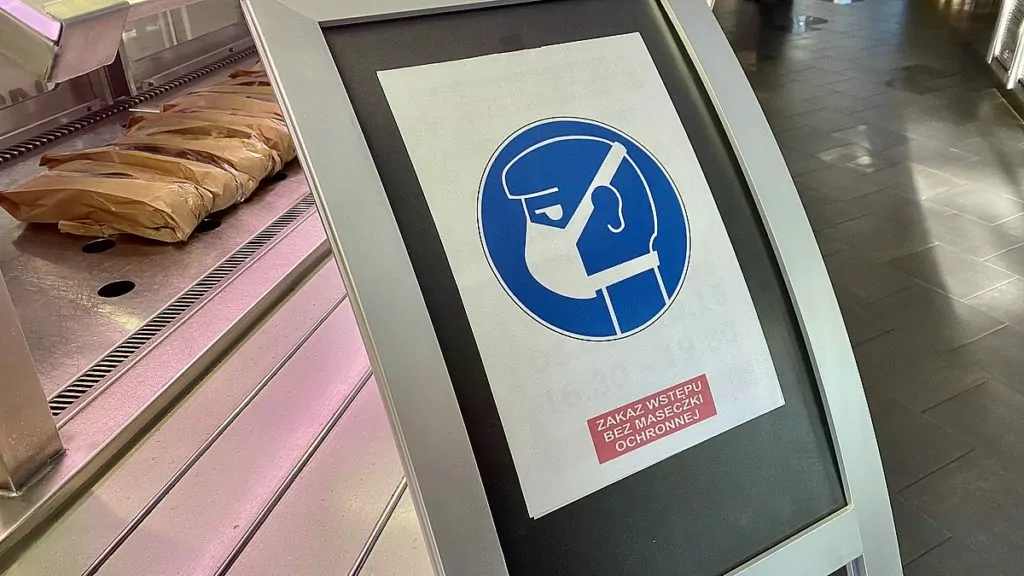
What about nutrition?
I usually write a little about food on Wednesdays, so I must not be worse this Wednesday! I usually say that I have a doctorate in eating habits and physical activity and it's true, but even though I've read a lot, I'm only an expert on eating habits and physical activity. a small, small area. Fortunately, people in the research community collaborate with each other to bring all their knowledge together. A bit like a jigsaw puzzle.
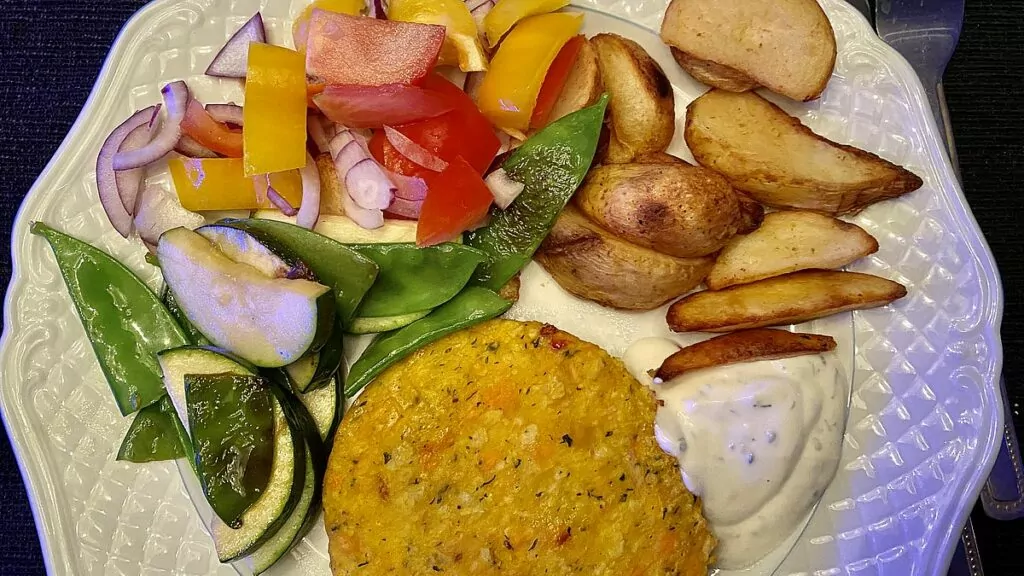
That's how it is in research. People can research for decades in one area, but the subject they are an expert in is usually very narrow. And even within that subject, there are always question marks. Then you meet people outside of the research world who have read a bit on the internet, followed the media and attended some evening courses and are ... rock-solid. A bit ironic, isn't it?
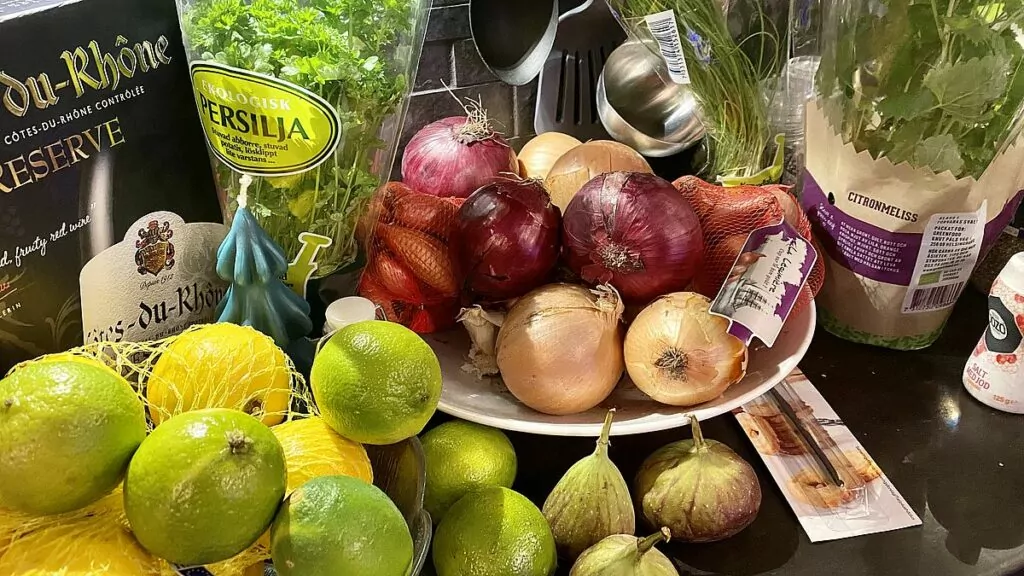
It is also somewhat ironic that journalists repeatedly insist on interviewing doctors about nutrition. In our country there are lots of nutritionists and dieticians who have studied least three years of full-time nutrition education. Many, of course, have gone on to pursue a career in nutrition, including a Master's degree, a PhD and research in nutrition.
Almost 70 per cent of medical training programmes in Europe include teaching about nutrition, according to a international survey. On average, students at these universities receive only about 24 hours of training on this topic, and the rest receive none at all.
When will we realise that there are actually (two!) professionals who have this as their primary subject and focus, and study the subject full-time for several years? Why not interview them, I just wonder...?
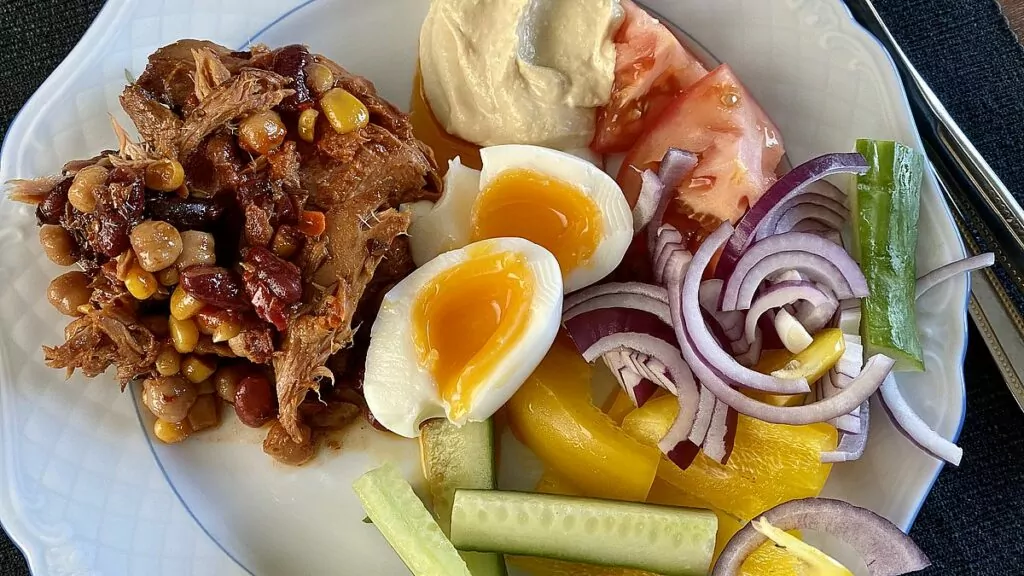
Food, health, public health ...
Public health is close to my heart. I understand that you also have many thoughts. What interests you most? General health issues, eating habits, physical activity ... or something else in the field of health? More reading from previous Wednesdays:



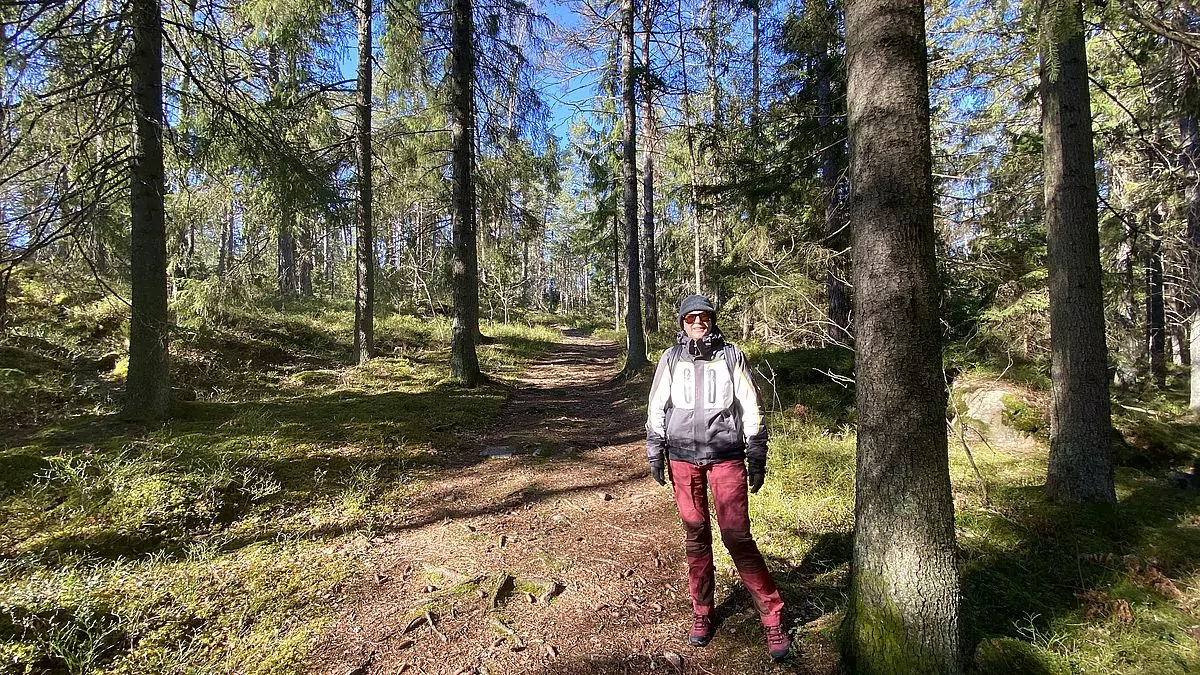









Solan says:
😏 Some journalists still believe that doctors are omniscient. And that it looks credible with a Dr XX in the report.
So, it's a slippery slope!
Good point by you that there are more professionals with solid training in your field.
17 February 2021 - 8:43
Helena says:
Yes, that's probably true! Perhaps a combination of carelessness and what you think will work. But a little boring sometimes. All respect to the doctors in the right context, but there are other professions too 😉.
17 February 2021 - 19:49
Ditte says:
It's an interesting topic in every way and can really be approached from many angles. And the different parts are interrelated. "A healthy mind in a healthy body - and vice versa".
17 February 2021 - 9:22
Helena says:
Yes, everything is connected! Very true!
17 February 2021 - 19:50
Lena+in+Wales+and+Spain says:
So interesting with your food/health posts. Keep it up, thank you!
Very interesting to see it from your knowledgeable perspective. Makes you think. Although I agree with you in everything. Have similar thoughts myself, but not your expertise, far from it.
There has been a lot of talk about the importance of environment, income and education in relation to eating and living habits here in the UK. Because we live in a distinctly class society. I won't go into that, because it's probably not considered politically correct in Sweden. Here we talk about it in a completely different way.
Take care!
17 February 2021 - 9:49
Helena says:
Lena, how nice that you appreciate this! Interesting to hear about the situation in the UK! We may not use the word class in Sweden, but we talk about social and economic differences. Definitely! From a public health perspective, this is the big challenge, the big differences in health between different groups in society.
17 February 2021 - 19:53
Lena - good for the soul says:
Well, it's exciting to have those certain people (in any field) who tell you how things are. People who you more or less know cannot possibly have a solid knowledge of the subject. Or areas where you actually have much more knowledge and they still insist on "informing". I often say "I don't know enough about XX to have an opinion" if I'm expected to say something. I like to know what I'm talking about.
Interesting posts about all those directions you mention. I devour everything 🙂 Interspersed with your other posts of course. An all-round "diet" is the best 😉.
Hug Lena
17 February 2021 - 20:12
Helena says:
Yes, that applies to many topics. And haha, nice that you like an all-round "diet", we do too 😉.
18 February 2021 - 8:13
The mother of a large child says:
Health, such as eating good and healthy food and exercising in combination with recovery, is an interesting topic for me. It would be nice to see posts on how to best solve that equation.
Also, a post on sugar addiction would be interesting. How to get rid of it in a good way and which food can make you feel less craving for sugar?
Preferably a post about intermittent fasting and 5:2. How do you see the 8/800 diet or diets in general?
Yes, there are lots of interesting topics to explore.
18 February 2021 - 5:45
Helena says:
Thank you so much for post ideas! 🙂 You think of the equation to both have time for exercise, to think about healthy food without it being stressful? Yes, it can feel challenging sometimes, Good topic! Sugar is also great. I have thought about that, so it will probably come soon. I have written a little about diets here: https://www.freedomtravel.se/2021/01/nyarsloften-och-dieter/
18 February 2021 - 8:14
Matts Torebring says:
I love good and nutritious food, of course. In this context, I like the first three pictures the best, if I can remove the "tin plate". It would not affect my health positively. I like to have room to manoeuvre when I am out in nature. The forest is health for me.
18 February 2021 - 20:05